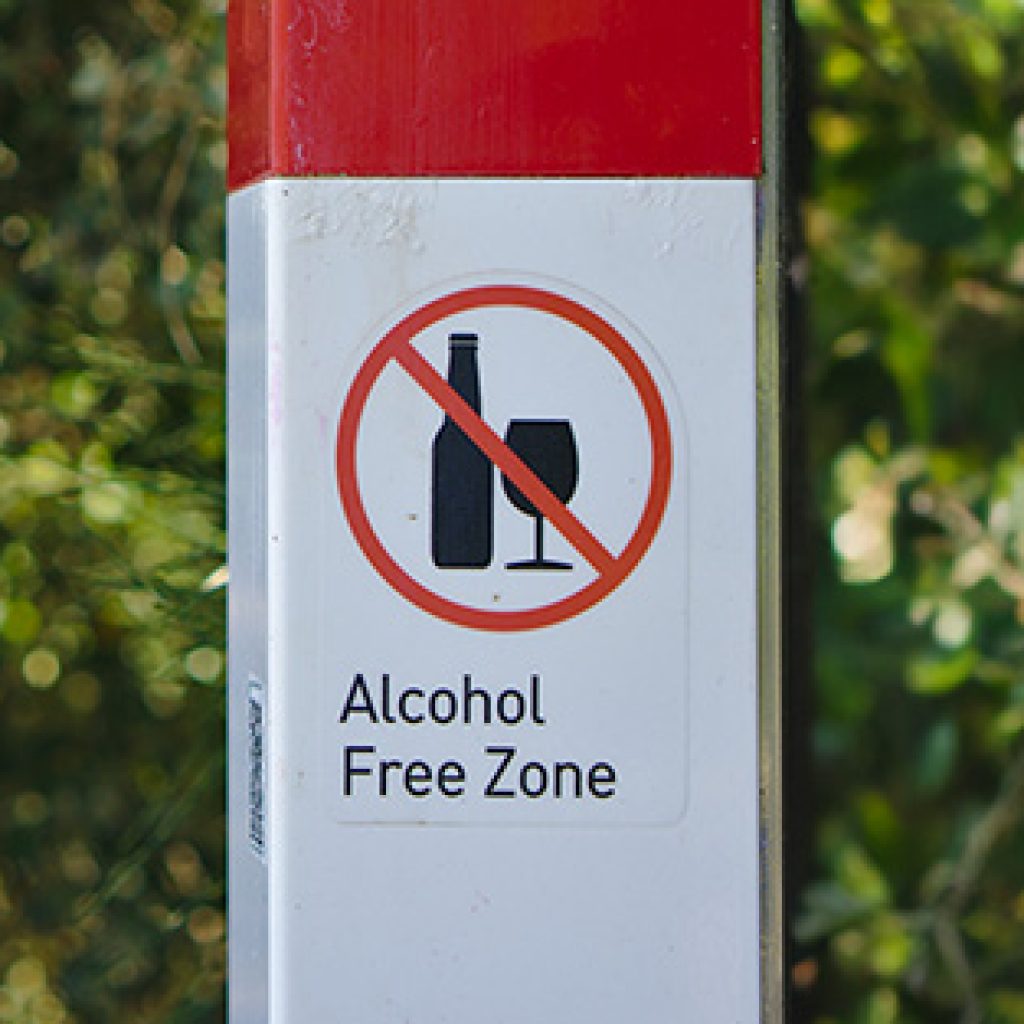What You Need to Know about Nutrition and Mental Health
What You Need to Know about Nutrition and Mental Health
March is National Nutrition Month. This year celebrates our uniqueness and diversity with the theme, A World of Flavors. Each person is unique in their food preferences and nutritional needs. While everyone needs food to survive, much of the ‘food’ that is consumed today is contributing to poor health outcomes, including mental health.
Food fuels our bodies, including the brain. An emerging field, Nutritional Psychiatry, is working to understand the health effects of food on our mood. “Nutritional Psychiatry” is a developing field that seeks to define the role of food and nutrients and the relationship these have to mental health. There is increasing evidence that suggests a strong correlation between poor diet, and mood disorders – including anxiety and depression. Since Nutritional Psychiatry is in its infancy there currently isn’t any data to prove causality. However, there are strong correlations.
Here’s what we know to date.
What we eat and the quality of the food impacts our brain function.
The brain needs nutrients to function properly including – fat, amino acids, vitamins, and minerals. Key nutrients that support brain development include protein, iron, choline, folate, iodine, vitamin A, D, B6, and B12A. Additionally, higher diet quality in adult life has been associated with a reduced risk of cognitive decline (Adan et al., 2019). Research has shown that increasing fruits and vegetables has been associated with increased mental well-being. There is compelling evidence that a Mediterranean diet has multiple mental health benefits including reduced anxiety and depression (Adan et al., 2019). For example, studies compared, the Mediterranean diet to a typical “Western” diet and have shown that the risk of depression is 25% to 35% lower in those who eat a traditional diet (Selhub, 2020). Mediterranean diet is high in vegetables, fruits, unprocessed grains, fish and seafood, and small amounts of lean meats and dairy. They are low in refined foods, and refined sugar. In addition, they tend to have fermented foods which act as natural probiotics (Selhub, 2020).
The microbiome has also been linked to brain health.
There is increasing evidence that highlights the link between a person’s microbiota and their health (both physical and mental). The microbiota has been linked to stress, anxiety depression, and cognition (Adan et al., 2019). There is growing evidence that having healthy gut bacteria reduces inflammation throughout your body, as well as has a positive impact on mood and energy level. The microbiome is regulated by the food that we eat. When the good bacteria and bad bacteria are altered – that’s when we see disease in the body. Some of diseases that are linked with this dysregulation include irritable bowel disease, asthma, obesity, metabolic syndrome, diabetes, depression, anxiety, and cognitive problems (Naidoo, 2019). In addition, 90% of serotonin is located in the gut. Oftentimes, when someone is prescribed an antidepressant the most adverse effects are gut related. This highlights the connection between the gut and the brain. There are ways to support balance within the microbiome and such strategies include the consumption of prebiotic and probiotic food. Prebiotic is a soluble fiber that helps to feed the good bacteria in our gut. Prebiotic foods are onions, leeks, asparagus, bananas, Jerusalem artichokes, chicory root, garlic, and dandelion greens. Probiotics live inside the large intestines and help to balance the gut. Examples of probiotics in foods include yogurt, kefir, sauerkraut, tempeh, kimchi, miso, kombucha, and pickles.
Food is a “substance” and a person can experience withdrawal symptoms.
A study at the University of Michigan found that highly processed foods may trigger withdrawal symptoms, namely sugar (Naidoo, 2019). Another study conducted at the University of Michigan found that people can experience withdrawal symptoms after eating a diet high in processed foods.
Food is medicine.
Nutritional Psychiatry is working to understand how food can be used as a prescription for mental health. One example includes eliminating gluten for people with depression and anxiety (Naidoo, 2019). There is growing evidence that there is a correlation with mood disorders and people who are sensitive to gluten. Elimination of gluten has been shown to be an effective treatment for mood disorders (Busby et al., 2018).
So, what can we do?
- Help patients to understand that what they eat may be impacting their mental health.
- Encourage patients to eat whole foods and avoid packaged and processed foods that are high in food additives.
- Ensure patients have access to whole foods, so that they can eat at least 5-9 servings of fruits and vegetables per day.
- Ask patients to pay attention to how different foods make them feel by keeping a food diary. One way to do this by encouraging the Mediterranean diet for two to three weeks, and then introducing processed foods back into their diet. The goal is to notice patterns and the relationship between foods eaten and feelings.
Your Turn: Have you had patients who changed their diet and experienced changes in mood?
Additional resources may be found on the CASAT OnDemand Resources & Downloads page.
This article was developed by Heather Haslem, M.S. at CASAT. Feel free to use, link to, or distribute this information. A link to our site and attribution would be much appreciated.
References:
Adan, R. A. H., van der Beek, E. M., Buitelaar, J. K., Cryan, J. F., Hebebrand, J., Higgs, S., Schellekens, H., & Dickson, S. L. (2019). Nutritional psychiatry: Towards improving mental health by what you eat. European Neuropsychopharmacology, 29(12), 1321– 1332. https://doi.org/10.1016/j.euroneuro.2019.10.011
Busby, E., Bold, J., Fellows, L., & Rostami, K. (2018). Mood disorders and gluten: It’s not all in your mind! A systematic review with meta-analysis. Nutrients, 10(11), 1708. https://doi.org/10.3390/nu10111708
Naidoo, U. (2019). Nutritional psychiatry: The gut-brain connection. Psychiatric Times. Retrieved March 11, 2022, from https://www.psychiatrictimes.com/view/nutritional-psychiatry-gut-brain-connection
Selhub, E. (2020). Nutritional psychiatry: Your brain on food. Harvard Health. Retrieved March 11, 2022, from https://www.health.harvard.edu/blog/nutritional-psychiatry-your-brain-on-food-201511168626
Blog Post Tags:
Related Blog Posts
Related Learning Labs
Related Resources
.
- Buscar Tratamiento de Calidad para Trastornos de uso de Sustancia (Finding Quality Treatment for Substance Use Disorders Spanish Version)
- Finding Quality Treatment for Substance Use Disorders
- Focus On Prevention: Strategies and Programs to Prevent Substance Use
- Monthly Variation in Substance Use Initiation Among Full-Time College Students
- The National Survey on Drug Use and Health (NSDUH) Report: Monthly Variation in Substance Use Initiation Among Adolescents








